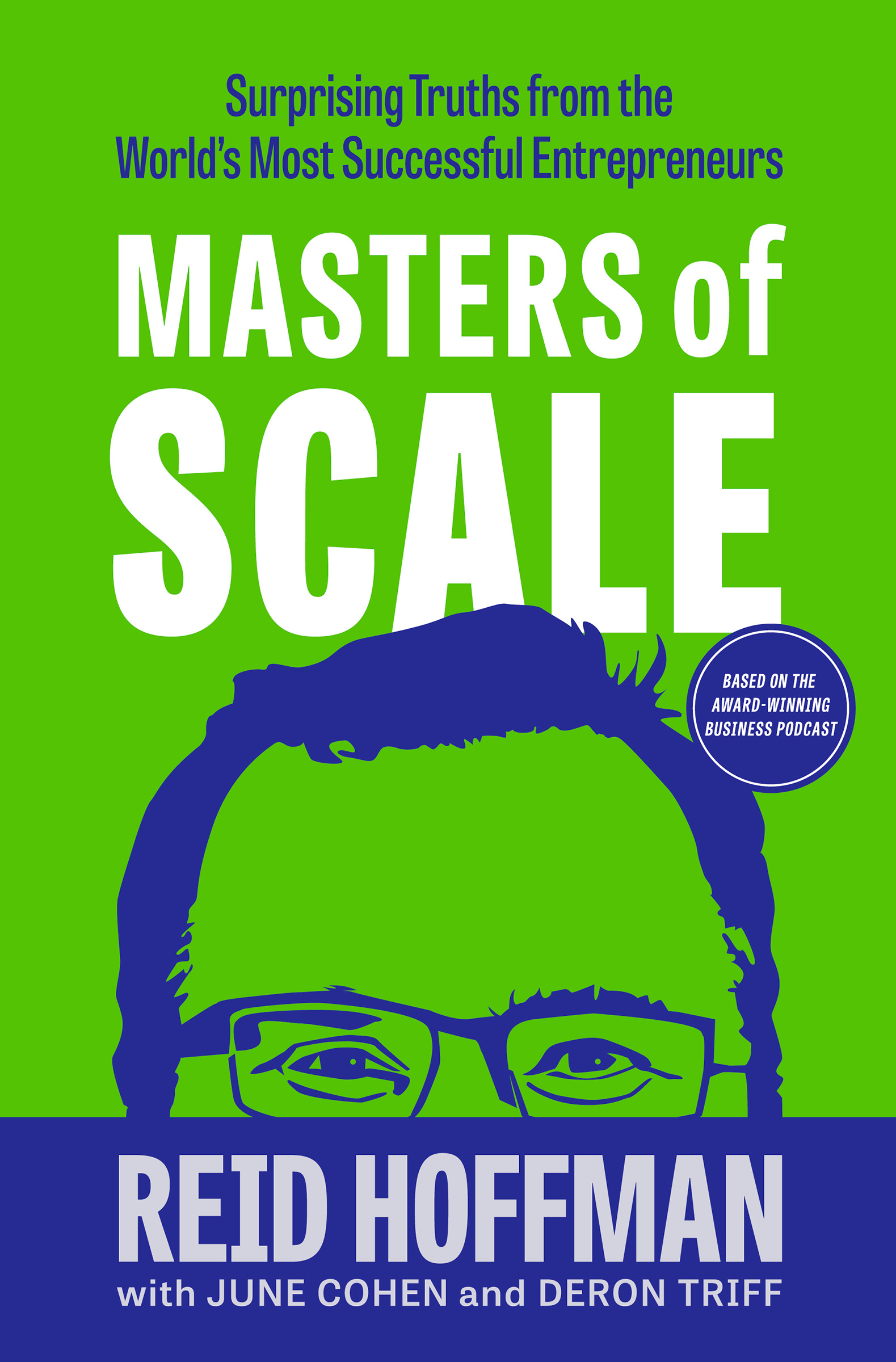How do you strike that delicate balance of finding talented, diverse people who will also “mix” well? The answer will always depend on the kind of company you’re building—and its ultimate size. But its fate is set in the mix of people you hire early on. You have to articulate for yourself the human qualities that are central to your culture, and then figure out how to identify them in an interview. The answers are different for different founders. . . .
Arianna Huffington considers “compassionate directness” to be the most important cultural value at her company, Thrive Global. Arianna defines this as “being able to have tough conversations, being able to disagree—including with managers and executives of every rank—and being able to speak out when you’re upset about something or have a complaint.” When interviewing, Arianna asks candidates to give an example of a tough conversation they recently had with a colleague or a manager to get a sense of how they handle dissatisfaction. “Because there is no workplace where you’re going to be happy all the time. That Garden of Eden does not exist.”
It’s not surprising that kindness heads the list of attributes sought out by Shake Shack’s Danny Meyer, as he strives to build cultures of “enlightened hospitality.” But the list doesn’t end there. Danny also looks for people who are curious; have a strong work ethic; display empathy; are self-aware; and finally, have integrity. Danny’s team heads into every interview with those six cultural ideals in mind (alongside the technical skills of cooking or serving, of course). “It’s frustrating because sometimes there are really good performers who suck for your culture,” he says. “And sometimes there are extraordinarily awesome people who just can’t get the job done.”
Bill Gates values deep knowledge, different from his own, an attribute he says he didn’t have enough respect for back in his early years leading Microsoft. Then, he respected engineers and engineers only. “The notion that these intelligences were as specialized as they are—I didn’t get it,” Bill admits. “I thought, Hey, I can learn sales. Do you need to go to business school? I don’t think so. I didn’t have enough respect for good management.”
An awareness of the gaps in your own knowledge is especially important for growing companies. Two key transitions you’ll need to manage are the shift from generalists to specialists, and from contributors to managers to executives. In the early days, you need people who can roll up their sleeves and work on whatever is necessary that day. The ideal team member is a jack-of-all-trades (the generalist) that gets stuff done (the contributor). But as the company scales up, you need to change the mix to include more specialists (who are only good at one thing, but are really, really good at that thing), managers (who make contributors more productive), and experienced executives (who can lead massive teams).
As important as it is to hire the right people, it can be just as important to consider who you don’t want to hire. The psychologist and Wharton School professor Adam Grant, who has written extensively on business culture, says, “As a founder trying to build a culture, the first thing you do is say, ‘It is nice to have the right people on your bus, but it is even more critical to keep the wrong people off your bus.’ Every founder, when it comes to hiring, should be asking, ‘What are the qualities that I am absolutely unwilling to let into the organization?’ ”
CEO and consultant Margaret Heffernan advises: Don’t hire people who can’t name anyone who ever helped them. You can figure that out by simply asking who has helped most in a candidate’s career. “If they can’t remember anyone, that’s a pretty bad sign.”
Margaret recalls how she once shared this observation at a business conference. “When the next speaker, a chief technology officer, came onstage, somebody in the audience asked him, ‘Who helped you in the course of your career?’ He couldn’t think of anybody. And there was this sort of stunned, horrified silence.”
A common refrain among founders: Beware the soloist who never learned to play with an orchestra. The lack of a team spirit can be toxic, especially in the early days. In PayPal’s early days, despite an ideological focus on high-performing individuals, Reid and other executives added some interview questions about team sports in order to capture each candidate’s insight on team play, mutual help, and “we” behavior.
And one last don’t, from Arianna again: Don’t interview or hire people when you’re tired. “I can trace back all my hiring mistakes to being tired—which has the impact not just of impairing your cognitive abilities to make the right decisions but also subconsciously of making you want to say yes,” she says. “So now at Thrive, having learned from my mistakes, we have a rule that nobody should interview while tired.”



